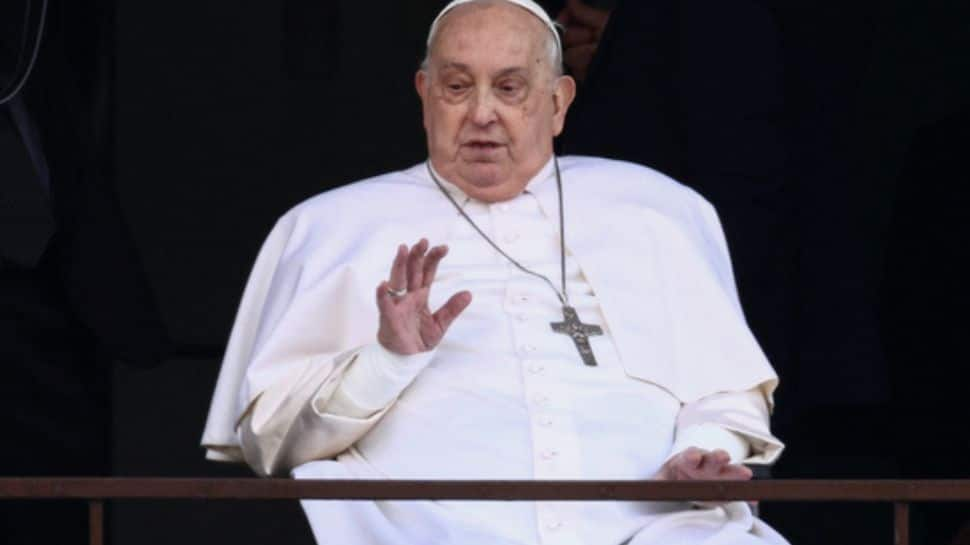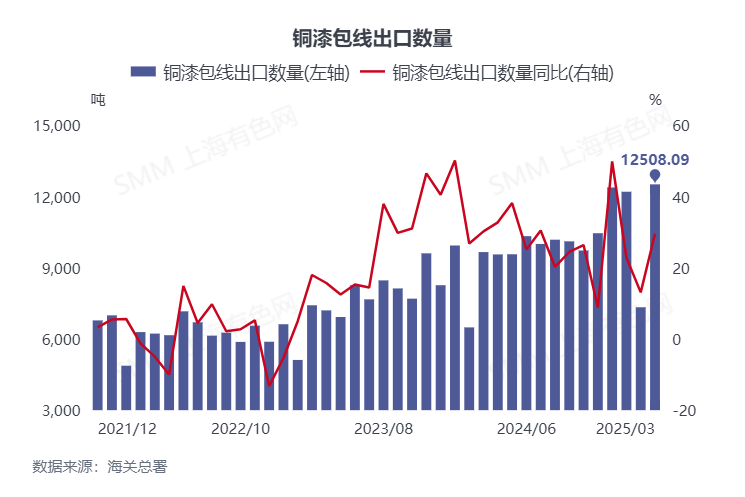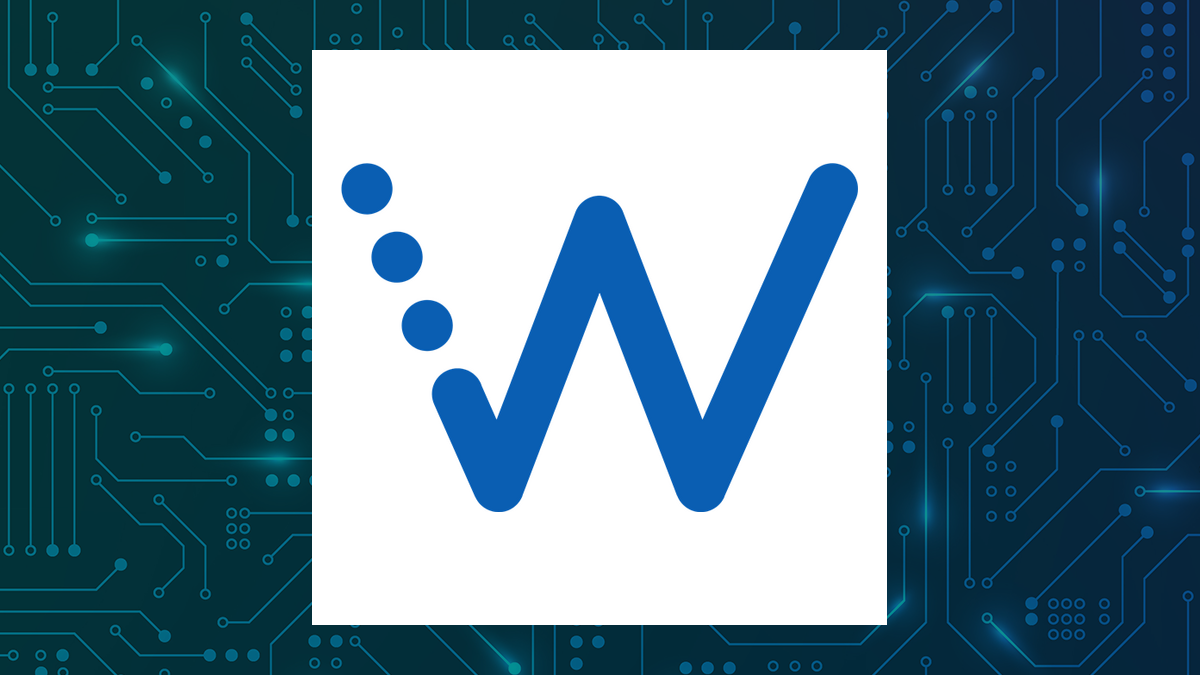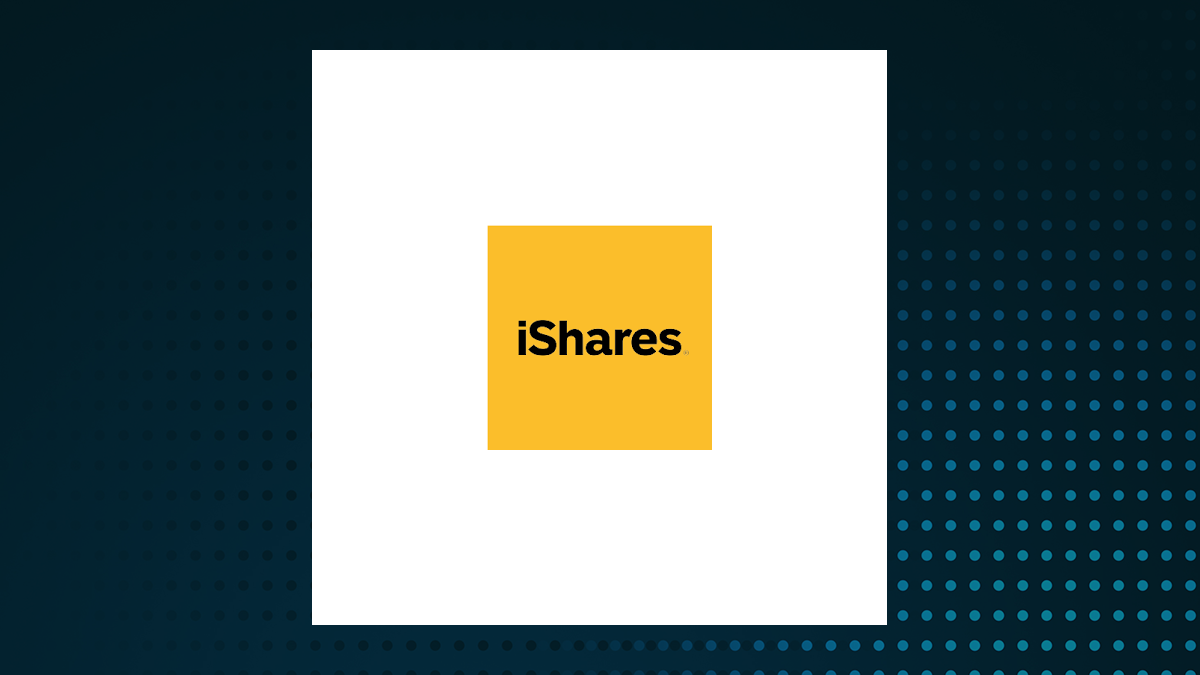The Delhi High Court will hear a writ petition filed by Kairosoft AI Solutions against BSE and the market regulator, SEBI, on Wednesday. The company has approached the High Court to quash a circular issued by the stock exchange, placing it under Stage IV of the Graded Surveillance Measure.The case is likely to clarify how businesses seek relief from strict surveillance measures.
In an exchange filing made by the company on April 8, it was revealed that the company had been placed under the Graded Surveillance Measure, Stage IV, and to combat the issue, it would be taking legal recourse.The Graded Surveillance Measures (GSM) by BSE are a set of rules meant to monitor and control trading in certain stocks that show unusual activity. The stock exchanges update this list every quarter, selecting stocks based on clear, pre-set guidelines.

Once a stock is on the list, it is tracked closely for any unusual price movement. Depending on how risky the stock appears, different levels of restrictions (or stages) are applied.These range from simply moving the stock to a special trading segment with tighter price limits to allowing trading only once a week or once a month and demanding a security deposit (called Additional Surveillance Deposit or ASD) from the buyer.
The issue at handOn Feb. 1, the Co.'s shares were trading at Rs.
247.90. Thereafter, the company announced a rights issue of 8 lakh equity shares, priced at Rs 250 each (including a premium of Rs 240 per share), with a face value of Rs 10.
The rights issue opened for subscription on Feb. 20 and closed with 7.8 lakh shares being successfully subscribed.
Following this, the company’s shares experienced a price variation between Rs. 232.55 and Rs.
271.04 between March 20 and March 28, 2025. On March 25, the shares even briefly hit the upper circuit of Rs.
240.50.Senior Advocate Kapil Sibal, appearing on behalf of the company, contended that certain YouTube videos were uploaded on March 29, April 1, and April 2 by individuals who were complete strangers and had no connection with the company.
These videos recommended the company’s shares, allegedly contributing to the increased interest and price movements. The company filed a cyber complaint with the Cyber Cell, claiming they had no control or responsibility over these videos.Following these videos, the BSE issued the surveillance notice due to the circulation of such videos and unusual price-volume movements.
Consequently, the BSE imposed trading restrictions.The company further challenged this move because it was taken without any show cause notice or prior hearing, in violation of principles of natural justice. They also pointed to a BSE circular dated Nov.
29, 2019, which outlined that actions under the GSM framework should be taken sequentially. In this case, however, the BSE jumped directly to the harshest measure—Stage IV—without following the gradual approach mandated by its circular.It was further submitted that the exchange's notices themselves carried a disclaimer that they should not be construed as adverse action against the company, which, according to the petitioners, was a clear indication that the regulatory move was based on assumptions and lacked any substantiated findings against them.
BSE Share Price Rises For Fourth Day; Stock Surges 8% Since Bonus Announcement. Read more on Law & Policy by NDTV Profit..
Business

Delhi High Court To Hear Kairosoft AI Solutions' Case Against BSE And SEBI On Graded Surveillance Measures
















